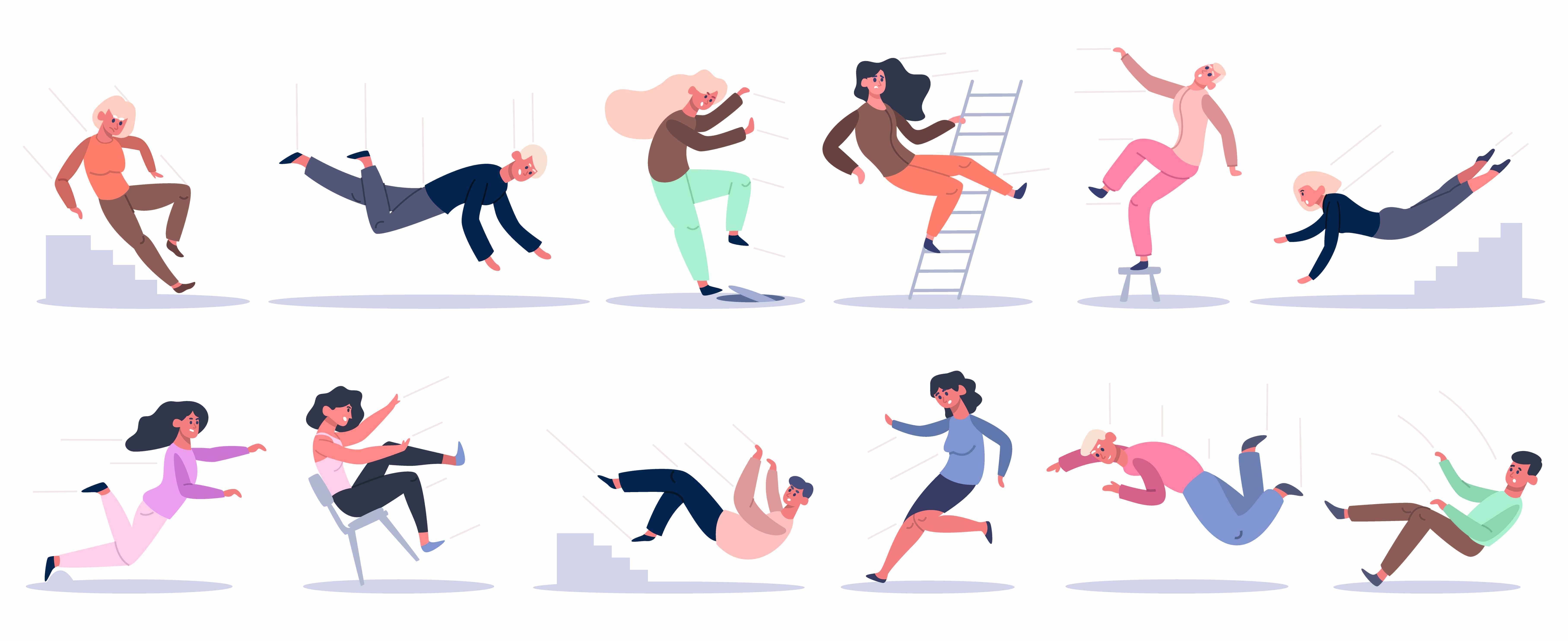Ncia Empowers People With Disabilities To Vote Ahead Of 2024 Presidential Election

BALTIMORE -- Election day is around the corner and, for the first time, the NCIA is coming together to learn about the voting process.
The organization's new "Rock the Vote" campaign aims to tackle voting barriers for people with disabilities.
The NCIA supports individuals with intellectual, developmental, and emotional disabilities, those reintegrating into society after incarceration, at-risk youth, and adults facing complex needs, according to their website.
"It's important because they have a voice," said Michele Jacobs, the NCIA's Associate Director of Employment and Community Inclusion.
Chardae Henry and her friends at the NCIA are getting prepared for the election.
"I didn't know people with disabilities could vote," Henry said.
"We've been working on teaching them through workshops and educational programs so that they understand the process of campaigning as well as like what people are running for," Jacobs said.
The "Rock the Vote" program creates an inclusive space for voting education through workshops and an in-house practice election.
"We've done a mock debate where they've had the opportunity to have speeches and understand that process," Jacobs said.
The activities give them a firsthand experience navigating a real election and voting process.
All voices heard
The NCIA's effort is part of a bigger movement to make sure all voices are heard and to advocate for an accessible election process.
According to the U.S. Census Bureau, 1 in 6 voters in the 2020 election were individuals with disabilities, a reminder that accessible voting matters more than ever.
"Everybody has a right to have that voice, to be heard, to have a choice and make a decision that's based on their own desires," Jacobs said. "We have not done any political swaying of the votes. We just really want them to understand the whole process and be able to make it independently, make a decision on their own."
The NCIA works directly with participants to understand what accommodations they might need and to help them learn their voting options, making the process easier for them to understand.
By engaging in debates and a mock election, participants gain confidence and learn the practical steps they'll need to vote independently. The hope is the campaign instills a sense of civic pride and personal empowerment, encouraging participants to make their voices heard.
"Polls are accessible now that there's people there to assist you, and that you have the ability to go in and do this on an independent level, based on, you know, learning the skills and the processes involved," Jacobs said.
"I learned that I could do it on my own, that people were there to help me to fill out the paper or use the computer and vote," Henry said.
"They're going to learn the steps of actually voting for someone and then taking that initiative to the polls," Jacobs said. "We will have staff available to transport people to the polls on Tuesdays if they choose to vote."
Headquartered in Baltimore, NCIA works with 25,000 individuals throughout Maryland and beyond.
NCIA's Day Program provides community, facility-based, and virtual programming for adults with intellectual and developmental disabilities.
Participants can choose from an array of programming, including job development and employment training, career discovery, volunteerism, recreational activities, and community engagement.
To learn more, visit the NCIA's website.


